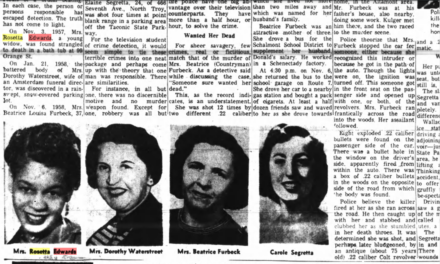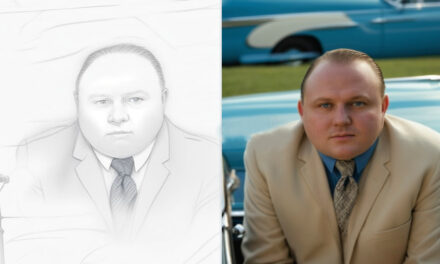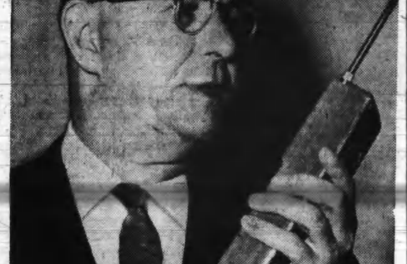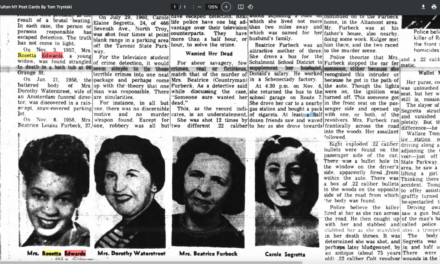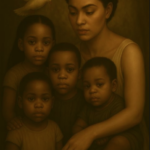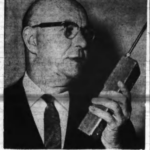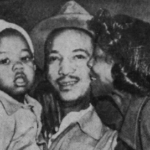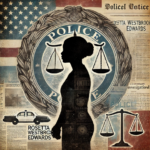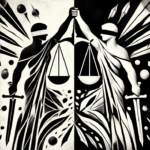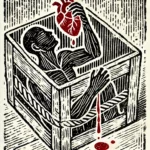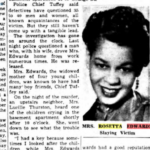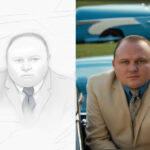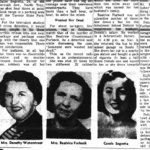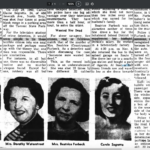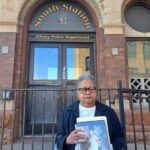Struggling Between Two Worlds
Still Tearing a Family Apart
As a racially ambiguous man, I’m feeling the weight of a difficult shift. Nearly all of my allies and supporters that I’m currently not at odds with are white (stay tuned, that could change on a dime), and that’s something I’m still trying to process. It feels like one side of my heritage and family, which I love, is fading out, while another group is stepping forward. I don’t fully identify with, want, or even like this change, but it’s not about race or color. Both my father and I are Polish by nationality, and European. We’ve never, and will never, consider ourselves “white,” except when society forces us to, or when it seems pointless to resist. But, as strange as it seems, I am also very much a Black man with a quantum of, most likely Choctaw ancestry.
My Aunt Rosetta was also light-skinned and of mixed heritage, and her complexion, along with her conventional beauty, made her more sympathetic to some white folks who might not have otherwise cared. But based on my research, I’ve come to see that her beauty and the grace with which she carried herself made her both the target of unwanted attention and, ultimately, a victim without justice.
This is about feeling heard and valued, without anger or judgment—and that’s a human need.
Letting go of my family is heartbreaking. They are good people, but many of them are caught in cycles of trauma that I can’t continue to be drawn into. I no longer want to be a part of that proxy war.
And before anyone takes offense, let me explain what I mean. From my perspective, as someone who is mostly white-presenting, I sometimes feel like I’ve become a stand-in for the frustrations my family feels. I’ve borne the weight of unresolved tension, not because of who I am, but because of how I’m seen. Whether or not it’s true, it has felt, at times, like I’ve been a target for things much bigger than me—frustrations born out of racial tension and intergenerational pain.
At the same time, I have my own intergenerational trauma to work through. As a 16-year-old boy who lost his mother, I’ve had to confront that pain in my own way. But I also believe I came into this world to help right some of these wrongs. As Rosetta’s nephew, born 13 years after her murder, who never met her but who holds her story, maybe I’m the one meant to tell it.
I sometimes feel this overwhelming urge to run to the center of town and shout, “Murder!”—as if, by making enough noise, someone would finally listen, take notice, and act. It’s frustrating to feel like, for almost 70 years, no one could break through that barrier. I want to cry out for justice, and I wish the world would respond with the urgency this deserves. But that hasn’t happened, and it’s a feeling I can’t shake.
This project has surfaced truths and emotions that are difficult to even talk about, things nobody wants to confront. So if I’m leading this charge in a way that some don’t like, I ask for understanding. This isn’t easy, but it’s necessary. I’ll keep pushing forward, even if others turn away from me or the mission.

